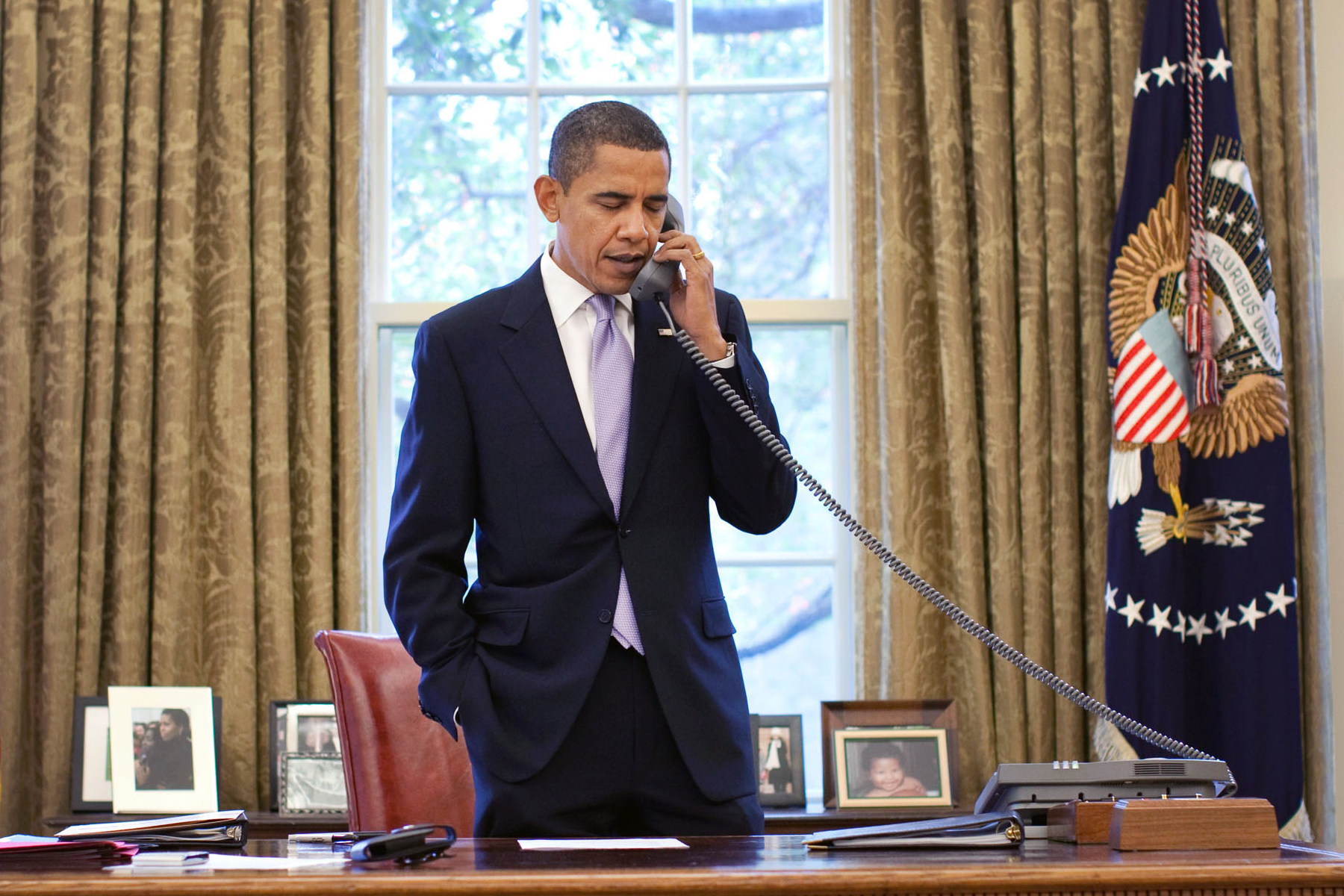- Home |
- Search Results |
- Read your way through the Obama administration
Read your way through the Obama administration
While you wait for the first volume of Barack Obama's presidential memoirs A Promised Land, these books offer further insights into the Obama White House, from the recollections of a former speech writer to intimate photos from behind the scenes.

As we await publication of A Promised Land, which will paint the full picture of the presidency as only Barack Obama can, here are six books from Obama administration staffers that give a flavour of what’s to come on 17 November.
They convey different aspects of an extraordinary presidency, but all shed light on the qualities and commitment required from those who worked in the White House, show how they felt about helping to gradually change the world, and give a sense of what it was like to work with the President. Generally they also describe the perks of travelling on Air Force One.
They Said This Day Would Never Come by Chris Liddell-Westefeld (2020)
This is, admittedly, a slightly obscure one to kick off with. But this is an oral history of the thrilling story of the very start of Obama’s first presidential campaign, when the odds were low against the better-known Hillary Clinton and John Edwards. At the time, Obama’s campaign manager David Plouffe put his odds at about 10%.
But – based on Obama’s time as a community organiser – a campaign developed based on training volunteers at “Camp Obama”, and a new generation of activists was born. The author was part of the campaign and went on to work at the White House, so his book has an excellent cast of interviewees, who between them show how political action can change the world. This was the first ripple.
Thanks, Obama by David Litt (2017)
“So – are we funny?” Obama would say to Litt, one of his speechwriters, and the lead writer for four White House Correspondents’ Dinners. His memoir is up-close and entertaining, as his role suggests it will be. Above all you get a sense of working closely with the president on one of his strongest weapons, made potent by their use of language and their teamwork and improvisation.
And as one might hope from a West Wing wordsmith, you also get insight into the local lexicon, including “to bigfoot” (to pull rank on), “the plane” (Air Force One; “nothing exposed you as a newbie faster than saying Air Force One”) and the power moves that a different reference to Obama conveyed (whether you called him “POTUS”, “P” or “the president”). You can also read the excellent lines that didn’t make the cut.
Who Thought This Was A Good Idea? by Alyssa Mastromonaco (2017)
Mastromonaco was Director of Scheduling and Advance and then Deputy Chief of Staff for Operations, and her memoir has three purposes. The first is to describe life inside the White House, especially for a young woman (including a pleasingly resolved back and forth with director of the National Economic Council Larry Summers); the second is to show what it takes in planning roles there, when “sometimes you crush the trip, and sometimes the trip crushes you”; and third, she provides lessons on the world of work, from starting a new job to building confidence and then moving on.
As with all books about the Obama years, you also come away seeing the President’s personal touch – he even rang her from “the plane” when her cat died.
To Obama by Jeanne Marie Laskas (2018)
Strictly speaking the author wasn’t in the White House herself, but she describes the work of the Office of Presidential Correspondence, and in particular of Fiona Reeves, its director, expanding on a piece in the New York Times that is believed to be one of Obama’s favourites about his time in the White House.
Part of Reeves’s job was to whittle down the 10,000 letters that Obama received every day to ten, that he would then read each night, and she explains how she did so. But most important, the book recounts how the letters affected his thoughts and actions, and shows (including with images of the letters received and written) how the Writer-in-Chief would reply – including setting out his thinking to those with whom he disagreed.